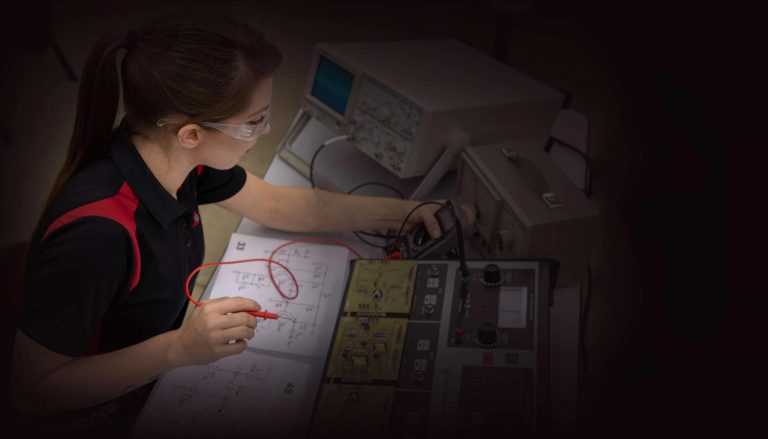

Sustainable aviation is a very popular topic because planes play a significant role in climate change. Many experts and environmentalists are advocating for a change in the way we fly our planes and are encouraging research into technologies and industry practices that reduce the carbon footprint caused by the aviation industry.
New and anticipated developments in aviation technology have left many wondering whether eco-friendly flights are a realistic possibility. The air travel industry will likely see many changes occur over the next few years that in turn will have a ripple effect on aviation electronics technology training, aircraft mechanic training and pilot training.
We have already seen experts’ dabbling with alternative carbon-neutral fuels, electric aircraft, and enhanced engines that efficiently use and distribute fuel. They have high hopes for smarter, more integrated air traffic control systems, cleaner fuel alternatives, enhanced engines, and optimized aircraft body designs.
Of course, the introduction of new technology in the industry will largely impact the avionics training that aviation electronics technicians go through.
Let’s take a quick glimpse at new technologies that will likely impact the job duties of aviation technicians and affect the way aviation electronics training is imparted in avionics colleges.
Aviation electronics training technicians may find themselves among initiatives and operational improvements that ultimately lead to one of the greenest industries by 2050. Recent advances in aircraft technology, such as fuel cells, wireless cabins, geared turbofans and metal composites, are already contributing to a greener future in aviation.
Concepts such as electric, solar and aircraft along with alternative fuels and materials are all ideas being discussed, with a few already in the early stages of development.
Although a key focus remains on emissions and fuel burn due to its significant impact on climate change. Until recently, the first-generation biofuel did not perform well enough to be considered as an alternative fuel but second-generation biofuel appears to be far more promising.
New optimized aircraft and engine designs, concepts of a flameless catalytic combustor, and technological improvements in fuel/air mixers using alternative fuels, such as biofuels, can help reduce fuel burn. These concepts, plus improvements in air traffic management and operations will be key drivers to emissions reduction.
Aviation electronics technicians will remain an essential part of green aviation and continue to play a key role in helping the industry reduce emissions while reaching the goal of providing eco-friendly flights.
This wave of innovation in the field of aviation technology is changing the way avionics courses are designed which is why aviation electronic training that is given to students at Spartan College of Aeronautics and Technology is constantly evolving to stay updated. Spartan College graduates can be prepared for the Federal Communications Commission (FCC) and Certified Electronics Technician (CET) certificates and licenses. If you want to learn more about earning an aviation electronics technology degree, request information or apply now!
Affiliate Partner Program | Jobs at Spartan | Privacy Policy | Opt-out Policy | Privacy Notice - California Residents| Notice of Non-Discrimination | Website Accessibility Help | Transparency in Coverage Act
© 2024 SPARTAN COLLEGE OF AERONAUTICS AND TECHNOLOGY. ALL RIGHTS RESERVED.